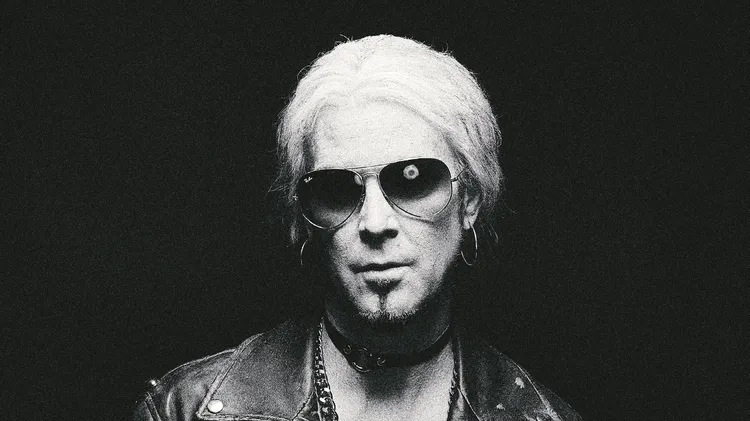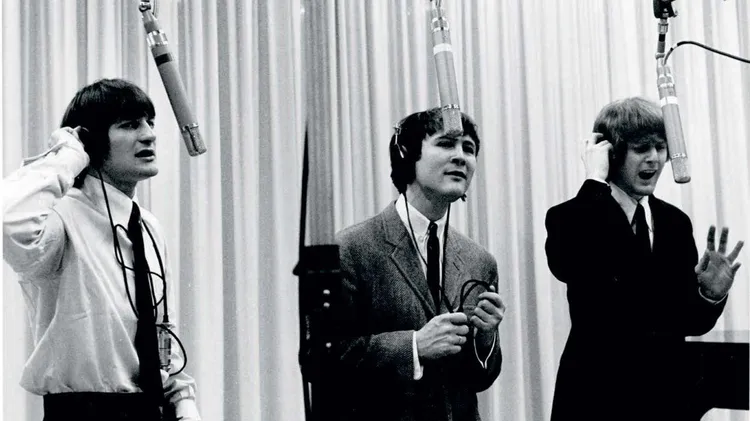How did Peter Stroud become the right-hand man to Sheryl Crow, Don Henley and many
Tip sheet
5 min read
This article is from...
Read this article and 8000+ more magazines and newspapers on Readly






